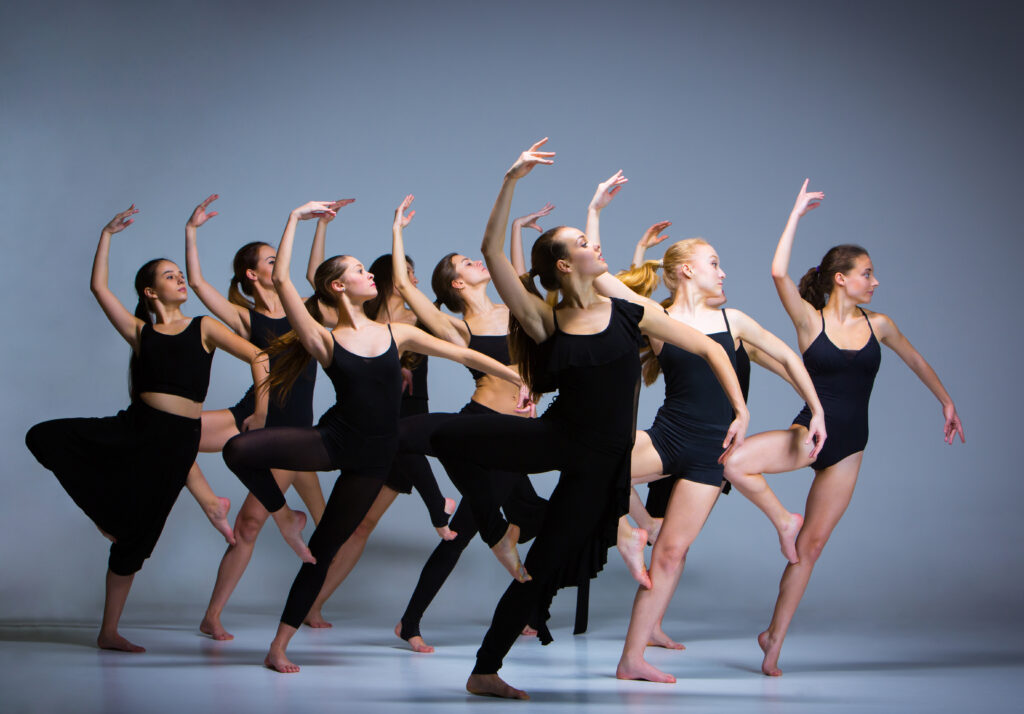
Jeongyun earned her B.A. degree from Seoul National University in South Korea and her JD degree from New York Law School. She is an active member of the American Immigration Lawyers Associations and stays current on the latest developments in immigration law. With a background in newspaper reporting and editing in South Korea, Jeongyun has a deep appreciation for the creative arts and enjoys working with talented and innovative individuals. She likes to stay organized and prefers the sea to the mountains.

